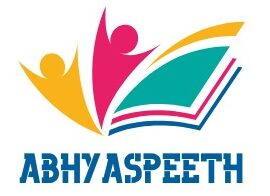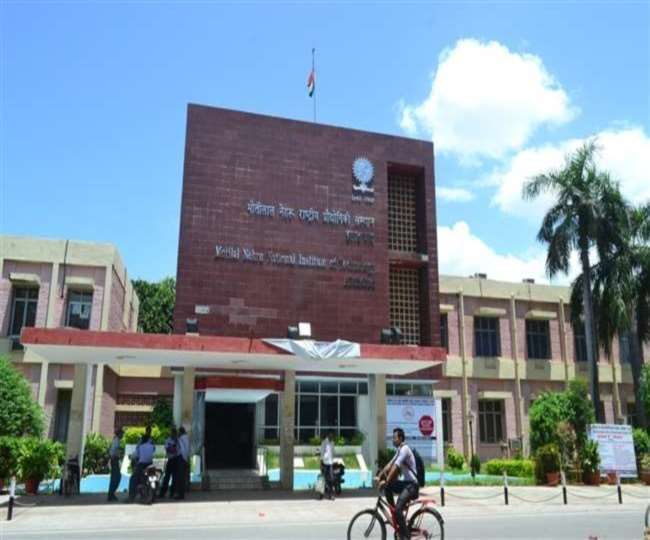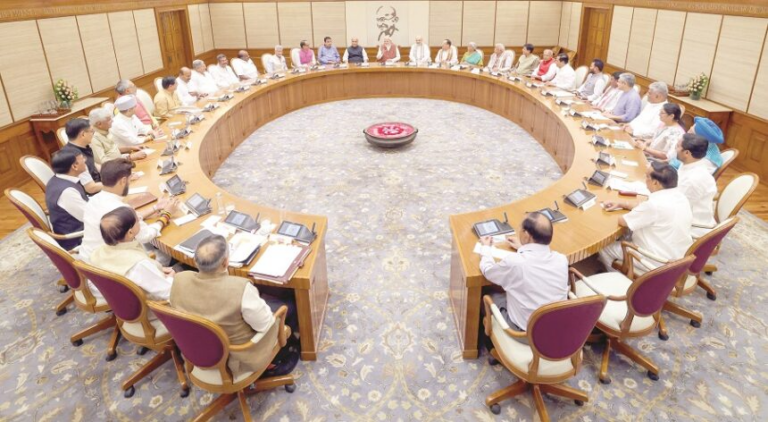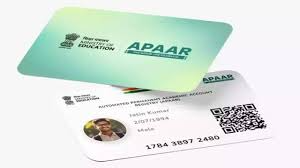
For decades, degrees have been the gold standard in India’s job market. A B.Tech, MBA, or CA certificate was often seen as a guaranteed ticket to employment and respect. Parents invested heavily in formal education, believing it to be the safest path to financial stability. But in recent years, the narrative is beginning to shift. Employers are no longer hiring based solely on qualifications. They’re hiring for skills — practical, demonstrable, and adaptable abilities that allow a person to contribute from day one.
In today’s economy, simply holding a degree is not enough. This is especially true in the tech-driven sectors like software, fintech, digital marketing, and AI, where the pace of change is faster than the curriculum updates in most universities. A graduate in computer science may know theory, but without hands-on experience in languages like Python, tools like Git, or frameworks like TensorFlow, they often struggle in real-world roles.
This skills-over-degrees trend is further supported by the hiring practices of top companies. Firms like TCS, Infosys, and Wipro have started skill-based assessments for freshers that go beyond academic scores. Startups, too, are more likely to choose a self-taught coder with projects on GitHub than someone with a degree but no portfolio. Even giants like Google and IBM have relaxed their degree requirements for certain roles, emphasizing work experience, certifications, and problem-solving ability instead.
In India, where lakhs of students graduate every year, this shift has created both a challenge and an opportunity. The challenge lies in bridging the gap between academic learning and industry expectations. But the opportunity is powerful: students from tier-2 and tier-3 cities, who may not have access to elite institutions, now have a chance to compete — and win — if they can prove their skills.
So, how does one stay afloat in this evolving job market?
First, embrace continuous learning. Online platforms like Coursera, Udemy, and NPTEL offer industry-relevant courses in coding, data science, communication, finance, and more. Government initiatives like SWAYAM and Skill India are also helping make such learning accessible and affordable.
Second, build a portfolio. Whether you’re an aspiring developer, designer, or data analyst, having real-world projects to showcase is invaluable. Internships, freelance gigs, and open-source contributions speak louder than a line on your resume.
Third, develop soft skills. Communication, teamwork, adaptability, and emotional intelligence are increasingly critical in the workplace — and are often missing from traditional degree programs.
Finally, network actively. Platforms like LinkedIn are becoming just as important as job portals. Engaging with professionals, joining communities, and attending industry events can open doors that degrees alone cannot.
In the Indian job market, degrees aren’t becoming irrelevant — but they’re no longer the final word. Skills, projects, and a mindset of lifelong learning are the new currency of success. For today’s youth, the message is clear: don’t just earn a degree — earn the skills that make the degree worth something.







